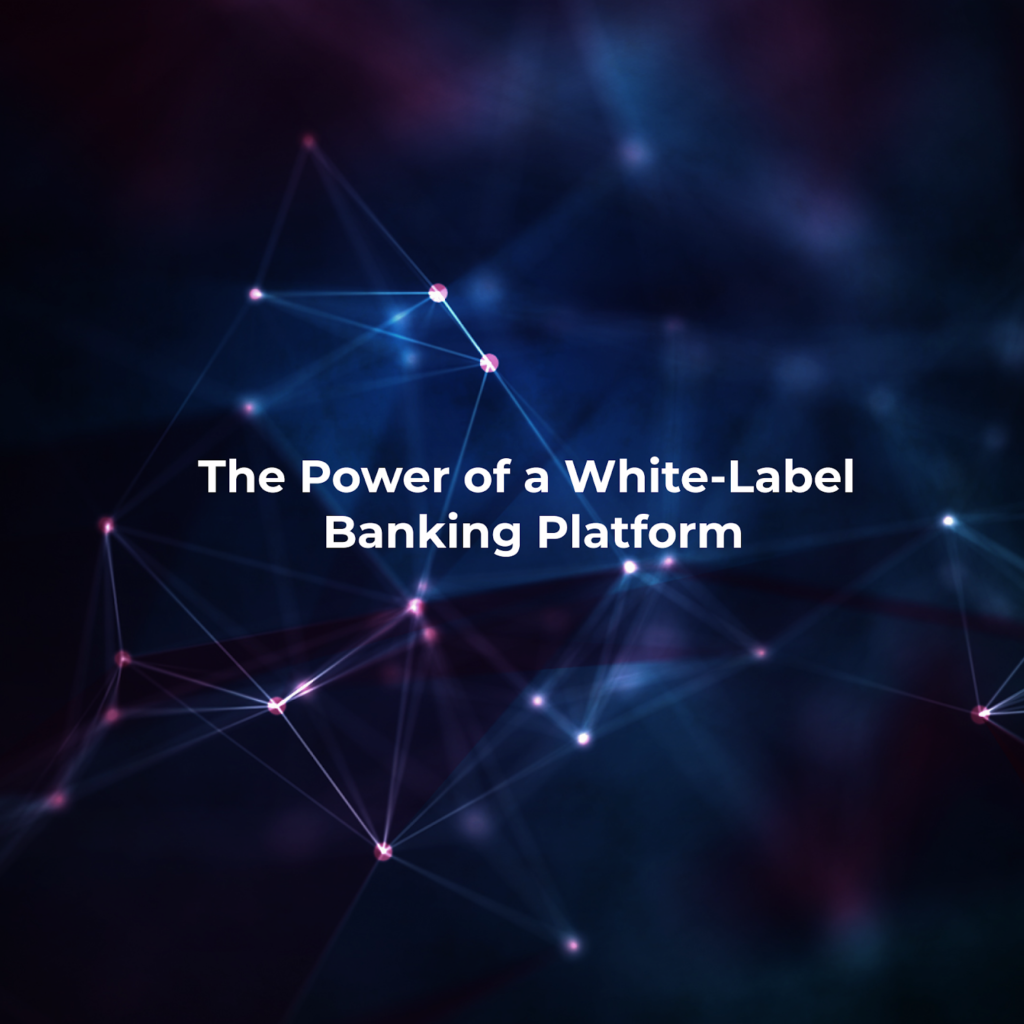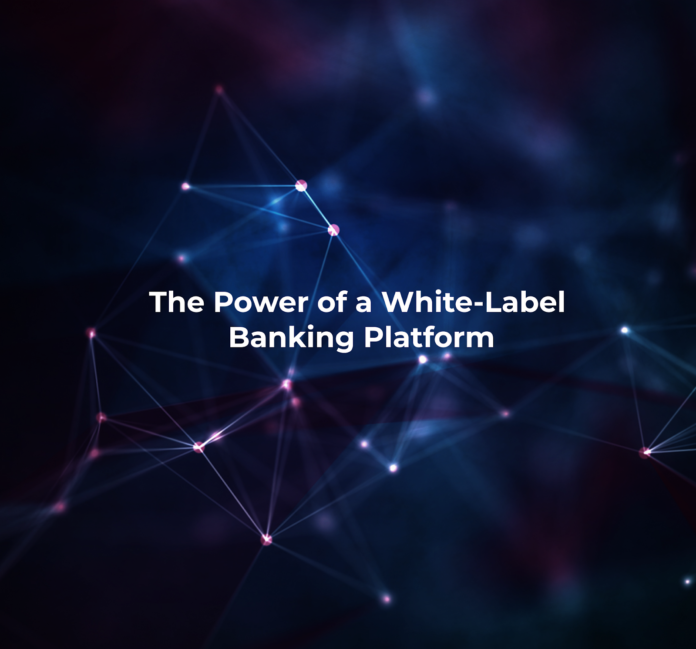
To keep up with the technological trends and stay competitive in the digital market, payment companies utilize white-label solutions to provide seamless financial services and innovate the products. In this article, we explore what is a white-label banking platform, its benefits for payment business and consider a ready-made solution to launch a payment product.
What is a white-label banking platform?
A white-label banking platform is a software solution provided by a third-party technology company that can be customized and branded by financial institutions to offer digital banking products and services to their customers under their own branding.
These platforms are typically cloud-based and provide a range of features and functionalities such as account management, payments processing, and loan origination. They can be customized to meet the specific needs of financial institutions, including their branding, design, and features.
White-label payment systems offer financial companies a cost-effective and scalable solution to offer digital banking services to their customers without the need to develop and maintain their own banking software. These platforms also allow financial institutions to stay competitive by providing them with the ability to quickly launch new products and services and meet the changing needs of their customers in a rapidly evolving financial services industry.
Why white-label banking solutions popular in the fintech industry?
White-label banking platforms offer fintech companies a convenient solution to enter the banking services market swiftly and affordably, all while preserving their unique brand identity and capitalizing on the proficiency of banking specialists. According to Grand View Research, the global white-label banking market size was valued at $1.6 billion in 2020 and is expected to reach $5.1 billion by 2028.
White-label banking solutions are popular in the fintech industry because they offer a range of benefits for financial businesses.These platforms provide a ready-made solution that allows fintech companies to offer digital banking services without having to develop and maintain their own banking software, which can be time-consuming and expensive. By using a white-label banking platform, fintech companies can focus on their core business and brand while still offering a range of financial services to their customers, increasing competitiveness and meeting the changing needs of their target market.
White-label banking platforms, like many modern digital solutions, often rely on robust and versatile operating systems such as Linux. Linux provides the foundation for the cloud-based infrastructure that powers these platforms, offering stability, security, and scalability. By leveraging Linux, financial institutions can ensure the reliability and performance of their white-label banking services, enabling them to meet the demands of a rapidly evolving digital market.
Benefits of a white-label banking platform for financial businesses
White-label banking platforms offer a range of benefits for financial companies. Here are some of the key benefits:
Faster time-to-market
Building a banking platform from scratch can take a long time and be very expensive. By using a white-label banking software, financial companies can launch new products and services much more quickly, reducing time-to-market and increasing competitiveness.
Customization
White-label solutions can be customized to meet the specific needs of a financial company, including branding, design, and features. This allows financial companies to differentiate themselves in the market and offer unique value propositions to their customers.
Cost-effectiveness
Developing and maintaining a banking platform can be very expensive. With a customized banking platform, financial companies can share the cost of development, maintenance, and infrastructure with other customers, making it a more cost-effective solution.
High scalability
White-label banking platforms can handle large transaction volumes and can easily scale up or down as a financial company’s user base grows or shrinks. This ensures a seamless user experience and reduces the risk of service disruptions due to overloading.
Experienced team
These banking platform providers have expertise in developing and maintaining banking platforms, as well as in regulatory compliance and risk management. This can provide financial companies with access to knowledge that they may not have in-house, allowing them to focus on their core functionality of the payment platform.
The white-label software can provide financial companies with a cost-effective, scalable, and customizable solution that allows them to quickly and easily launch new products and services. As the banking industry continues to evolve, white-label banking platforms will play an increasingly important role in helping financial institutions stay competitive and meet the changing needs of their customers.
The SDK.finance white-label banking platform
SDK.finance provides a white-label banking platform that allows you to develop digital payment products on top. Whether you’re planning to serve individual or commercial customers, the SDK.finance banking platform works as a powerful foundation to build a neobank, a digital wallet or a corporate bank.
The SDK.finance banking software offers the following features for businesses:
- transaction fees and limits management
- online ID check (KYC)
- currencies management
- pricing plans management
- roles and permissions management
- CRM & customer support
The platform can be used as a powerful solution for building P2P payment apps, money transfer apps, international remittance apps or mobile payment software. The SDK.finance platform provides 400+ RESTful APIs to integrate the software into your product and connect more services.
This banking software is available in two variants: a source code and a SaaS. The cloud version is hosted on the major cloud provider marketplaces like AWS or Azure, with a subscription-based payment model. You get the app deployed on the cloud, while the database is hosted on your own server for the sake of regulatory compliance. Also, you can choose an on-premise version that comes with the source code license, available for a one-time flat fee.
Conclusion
The global digital banking market is growing rapidly, and the adoption of white-label systems is an effective way for financial institutions to keep up with the evolving market and provide seamless digital financial services to their customers. With the SDK.finance white-label banking platform, financial companies can leverage the customizable, cost-effective, and scalable solution to quickly launch new products and services, and stay competitive in the market.
As the industry continues to transform, the white-label software will undoubtedly play a crucial role in helping financial institutions to innovate, improve their customer experience and meet the evolving needs of their customers.





